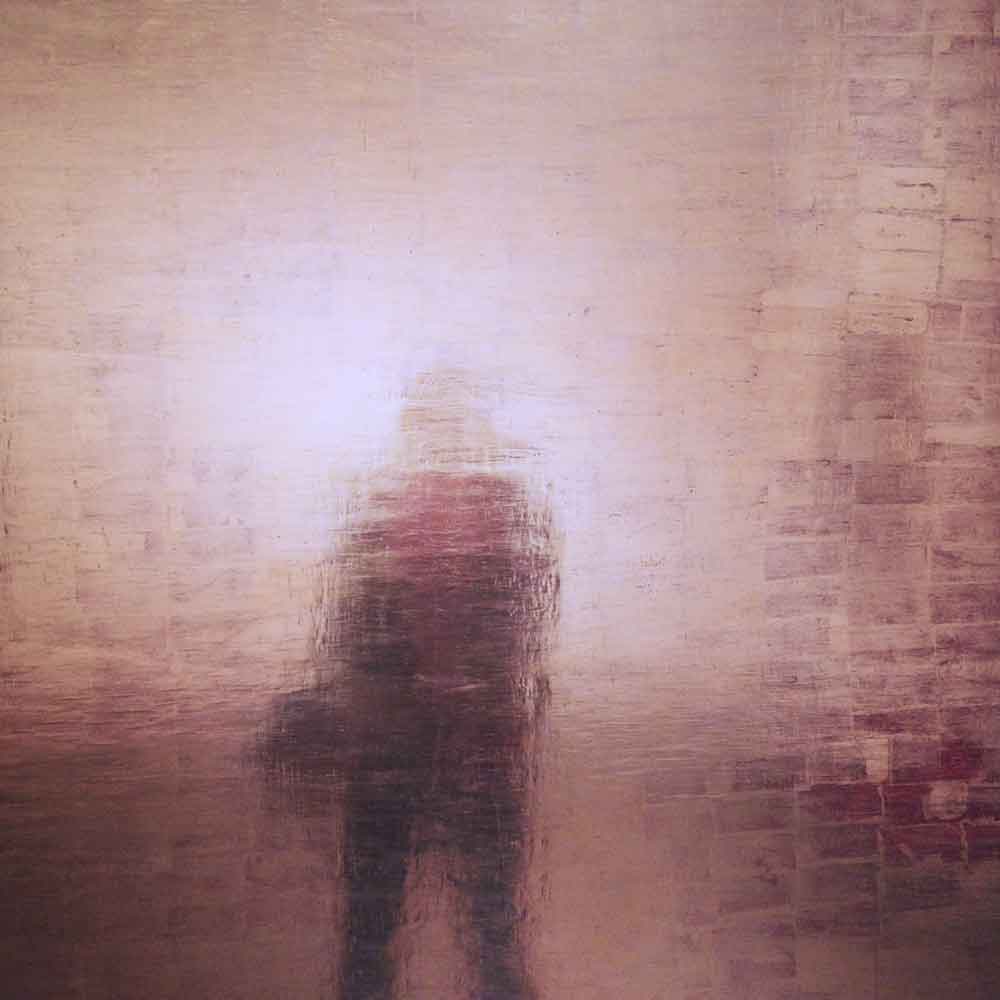Reader Response: Scott Baum
In issue 10.22, Mike Eigen offers a vignette that acts like a koan inviting the reader to depths beyond the obvious. In 2021, I published “A Memoir of Psychotherapy,” which included the embodiment of 35 years as a patient working with Mike (for anyone interested, it can be found in Bioenergetic Analysis 31(1): 79–94.
All my therapists, particularly Vivian Guze, with whom I had my first extended therapy, through which she saved my life, and especially my late wife, Elaine Tuccillo, who never mistook herself for my therapist and not my wife, subscribed, as Mike does, to a philosophy of increasing tolerance. Even for that which cannot be borne. It is in the bearing, the inhabiting, and the endless, desperate effort to embody oneself that freedom becomes possible.
Possibility is the living current running under the infrastructure of psychotherapy. But the offer of possibility is dangerous. It can become hope. And hope has a trajectory and, no matter how well hidden, expectation. No, rather, it is faith that is the ectoplasm of the therapy. Not faith in an outcome, that something good, or better, will come; that is a facsimile of hope. Rather, that the work of psychotherapy is the work of believing in the intrinsic value of experience. With which comes possibility.
But it is not easy. We have clashed, he and I. Quietly, barely perceptibly, because of the threat to me of the bionic catastrophes he refers to: immersion in psychosis that cannot be exited; consumed by malevolence—my own—for which there is no soul to mediate, to mitigate it; despair that ended the possibilities of life before they began. We clash because I, and he, have to come again to that moment when all possibility is ended, destruction is absolute, and murder, death, and despair are everything.
I presented a piece (not right to call it a paper) at the recent ISPS-US conference, which took up the theme of the transformative effects of living in the reality of death, despair, anhedonia, and malevolence. It is hard for the therapist not to insert or imbue contact and connection, intervention, and interpretation with some wish or hope for a better moment, a better outcome.
I cannot abide that force. It is, sadly, reminiscent of the force of my father’s insistence that his rescue of me from my inebriated, madwoman mother would lead me to the promised land. Nevermind his own manifest psychopathy, the malignant envy, superiority, and grandiosity that permeated his being. I say this with a profound appreciation for his Bohemian sensibilities and his courage to hold his son’s hand while walking down the street. Still, my terror of alienating him, the risk he would not return on the designated two days a week, that in his pique he would forsake me to the mother who, as Mike once put it, “tore out your psychic heart and guts,” has made my protests, my contentions, silent. No less destructive for all that since Mike has described being ground down to nothing in our encounter.
Only now, 50 years into intensive psychotherapy, can I begin to do the work many do at the beginning of psychotherapy. Who is this man I’m speaking to, being with? Can I believe in his fidelity to felt experience? What slight or insult will cause him to withdraw and leave me in a state where nothing can be known, total de-orientation, with only my terror and malevolent core and the despair—terminal despair—of my mother’s the end of everything.
I thought I might put in the background, some of the psychotherapeutic infrastructure, one aspect of what might be embedded in the koan Mike offered in his vignette. It is knowledge hard-won by experience. It does not diminish my virulent contempt one bit. It does not make connection, as it is usually used by psychotherapists, one bit more possible as an actual field of energetic being together. It does not make reality one bit less bleak, sunlight warm, or beauty bearable. But it makes reality possible. It makes adding tolerance, breathing into being, squirming and struggling to communicate with another person possible. You, reading this, know, or can imagine, what it takes for the therapist to hold the course, to be, as people are wont to say today, present to this. Anyway, that’s what I understood him to mean.
- Scott Baum, Ph.D, ABPP, is a bioenergetic therapist living and practicing in NYC. A former president of the International Inst. for Bioenergetic Analysis, and an Adjunct Full Professor of Psychology in the Pace University doctoral program in clinical psychology.
ROOM is entirely dependent upon reader support. Please consider helping ROOM today with a tax deductible donation. Any amount is deeply appreciated. |





